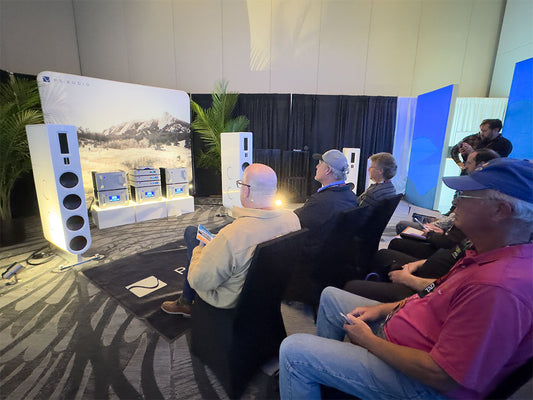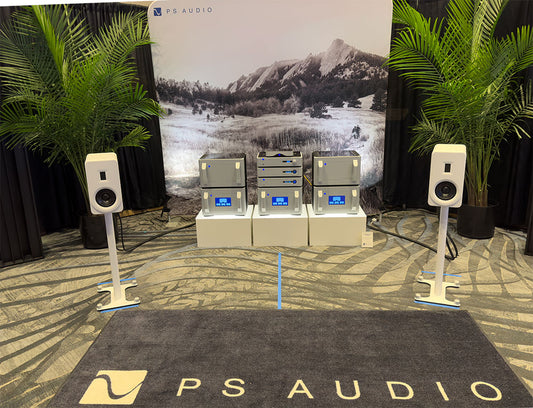If I were designing a loudspeaker system and wanted it not for commercial release but just for myself, I'd bi-amp it or even tri-amp it, using an electronic crossover in front of the amps. Why? Because traditional passive speaker crossovers in a loudspeaker are a compromise relative to what one could achieve with an electronic version. But speaker designers shy away from what has become known as 'active speakers' because, well, they just don't sell. Speakers you have to plug into the wall outlet, with amplifiers and crossovers built in have traditionally been commercial failures. Customers seem to like to add their own amplification, thus the speaker must have an internal passive crossover.
So when we speak of bi-amping a loudspeaker we are trying to turn a compromised product solution into something a bit better. The speaker you're bi-amping has an internal passive crossover separating the tweeter/midrange from the woofer. But there's nothing better than putting the crossover in front of the amplifier, the amplifier's output tied directly into the speaker's driver.
Such is the situation we currently have in audio. To bi-amp in the traditional/classic method we need two identical power amplifiers and two identical speaker cables. This is the classic 'missionary position' concept of bi-amping. The advantages are total isolation between both the feeds to the loudspeaker, where bi-wiring only helps and does not provide all possible benefits of isolation.
What you want to make sure you're doing correctly, when bi-amping, is keeping the gains of the amplifier identical and the amp's inputs fed with the identical signal. But, how effective is this solution? How much better is it than bi-wiring? Is it worth doing? Have you taken full advantage of the potential?
I would have to suggest that unless you have a unique situation that no, it is not significantly better. Not enough, IMHO, that it's even worth doing; unless. Unless you decide that you're willing to really play and that 'playing' may run against the grain of traditionalists. But we've never shied away from running afoul of the Traditionalists, now have we?
Let's dig a little deeper tomorrow.








